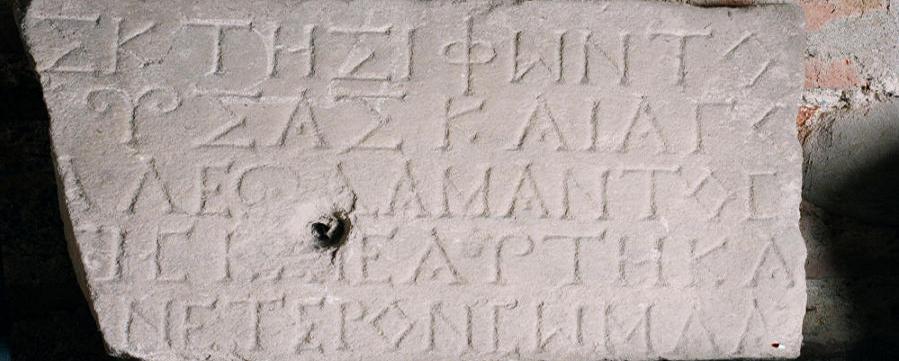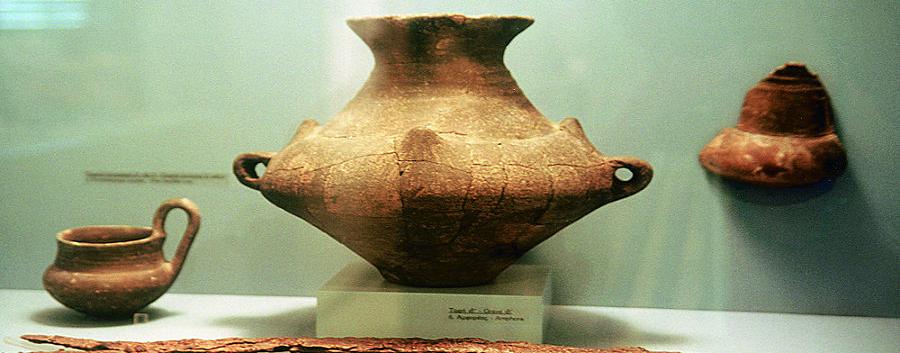Μπουρούτης Ανδρέας
«Β΄ ΒΑΛΚΑΝΙΚΟΣ ΠΟΛΕΜΟΣ ΚΑΙ Η ΑΠΕΛΕΥΘΕΡΩΣΗ ΤΩΝ ΣΕΡΡΩΝ ΤΟ 1913, ΜΕΣΑ ΑΠΟ ΕΠΙΣΗΜΑ ΕΥΡΩΠΑΪΚΑ ΚΡΑΤΙΚΑ ΑΡΧΕΙΑ»
Με αυτά τα λόγια στην αγγλική γλώσσα η νεόκοπη βασίλισσα του ελληνικού θρόνου Σοφία, με τηλεγράφημά της που διασώζεται στα γερμανικά αρχεία ενημέρωνε τον αδελφό της Γουλιέλμο, Αυτοκράτορα της Γερμανίας, για τα προεόρτια της βουλγαρικής επίθεσης εναντίον των ελληνικών δυνάμεων που σήμανε και την έναρξη του Β’ Βαλκανικού πολέμου. Η εύθραυστη συμμαχία του Α’ Βαλκανικού Πολέμου είχε καταρρεύσει μέσα από τις αντικρουόμενες διεκδικήσεις των νικητριών χωρών και τις μαξιμαλιστικές απαιτήσεις της Βουλγαρίας για τη διανομή των ευρωπαϊκών εδαφών της καταρρέουσας Οθωμανικής Αυτοκρατορίας.
Μέσα από επίσημα διπλωματικά έγγραφα ευρωπαϊκών κρατών παρακολουθούμε την πορεία και την εξέλιξη των εχθροπραξιών που θα οδηγήσουν στην απελευθέρωση της πόλης των Σερρών και στην πλήρη επικράτηση των ελληνικών δυνάμεων στο μέτωπο της Μακεδονίας. Παράλληλα διαπιστώνεται η μεταβαλλόμενη στάση των ευρωπαϊκών δυνάμεων και κυρίως της Γερμανίας σε σχέση με τις βαλκανικές χώρες και τη δυναμική εξέλιξης των γεγονότων. Η Γερμανία διατηρούσε ισχυρά οικονομικά και πολιτικά ερείσματα στη βαλκανική χερσόνησο σε μια ισορροπία που όπως φάνηκε μεταβλήθηκε με βάση τις εξελίξεις στα πολεμικά μέτωπα. Η αλλαγή συσχετισμού δυνάμεων επέφερε και την αλλαγή στη στάση της ώστε να μπορεί να προσεταιριστεί τους νικητές όπως ήταν η Ελλάδα και να προστατεύσει τους ηττημένους, όπως η Οθωμανική Αυτοκρατορία που κινδύνευε με πλήρη κατάρρευση.
Μετά την απελευθέρωση της πόλης των Σερρών που είχε καταστραφεί τα τεράστια προβλήματα περίθαλψης και αποκατάστασης των πληγέντων θα βρεθούν στο επίκεντρο των ελληνικών προσπαθειών.
ΜΠΟΥΡΟΥΤΗΣ ΑΝΔΡΕΑΣ
«The Second Balkan War and the liberation of the city of Serres in 1913 through official European state archives»
“Tino obliged at short notice to leave for Thessaloniki. Matters very serious with Bulgarians, who are attacking near Serres…”..
With these words in English language, in a telegram saved at the Political Archives of the German Ministry of Foreign Affairs, the newly crowned Queen Sofia of the Greek throne informed her brother Wilhelm, Emperor of Germany, about the Bulgarian provocations that led to a serious conflict and to the Second Balkan War.
The fragile alliance of the victorious Balkan states (Greece, Bulgaria, Serbia, Montenegro) collapsed because of the various demands of Bulgaria and the lack of trust between the allies as successors of the European territory of the declining Ottoman Empire.
Through official diplomatic documents of European states we are witnessing the attack of the Bulgarian forces and the counterattack of the Greek army that eventually in a few days managed to annex the town of Serres and took full control of the Macedonian front. Same time we can see the change in the diplomatic behavior of the Great Powers as a result of the course of events in the battle field. Germany who in the last decades had developed great economic and political strongholds in the Balkan peninsula was interested keeping its strong influence in the area by supporting Greece who had considerable gains and protecting the defeated Ottoman Empire.
After the liberation of Serres who was left in ruins the Greek state had the difficult task to support the town and its people to rebuild their lives.









